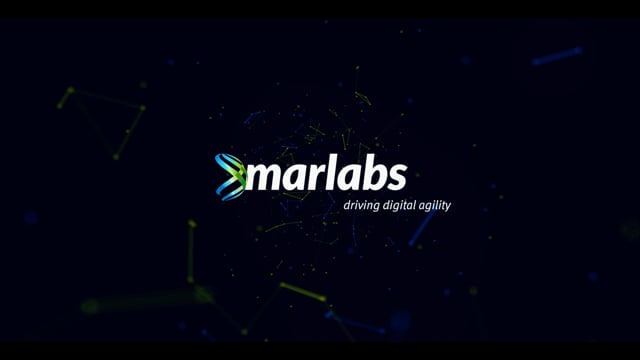The healthcare industry is undergoing a massive transformation, driven by the ever-increasing volume of medical data. This data, encompassing electronic health records (EHRs), medical imaging, wearable device readings, and more, holds immense potential to improve patient care, optimize resource allocation, and revolutionize how we approach healthcare delivery. Here’s how data analytics in healthcare is making a significant impact across various aspects of the medical field:
Predictive data analytics in healthcare leverages historical data to identify patients at high risk for developing specific diseases or complications. This allows healthcare providers to intervene early, preventing illnesses or mitigating their severity.
Imagine a scenario where a patient’s medical history and recent lab results are analyzed by a data analytics tool. The tool predicts a heightened risk of heart disease. Armed with this information, the doctor can proactively recommend lifestyle changes, medications, or additional tests, potentially preventing a heart attack.
Traditionally, healthcare followed a “one-size-fits-all” approach. Data analytics in healthcare is paving the way for personalized medicine, where treatment plans are customized based on a patient’s unique genetic makeup, medical history, and lifestyle.
By analyzing a patient’s genetic data, doctors can identify potential drug interactions or predict how a patient might respond to specific medications. This empowers them to tailor treatment plans for optimal effectiveness and minimal side effects.
Early detection is crucial for successful treatment across various diseases. Data analytics in healthcare plays a vital role in identifying patterns and trends within patient data that might signal the early stages of an illness.
For instance, analyzing wearable device data, like heart rate and sleep patterns, might reveal subtle deviations that could be indicative of an underlying condition. Early detection allows for timely intervention, potentially leading to better treatment outcomes and improved quality of life for patients.
Hospitals generate vast amounts of data related to bed occupancy, staffing levels, and resource allocation. Data analytics in healthcare can analyze this data to optimize hospital operations for improved efficiency.
Imagine a hospital analyzing patient flow data to predict potential bottlenecks in emergency departments. This information can be used to adjust staffing levels proactively, ensuring patients receive timely care and reducing wait times.
Hospital readmissions are costly for both healthcare providers and patients. Data analytics in healthcare can identify patients at high risk of readmission, allowing for targeted interventions that promote post-discharge recovery.
By analyzing a patient’s medical history and social determinants of health, analytics tools can predict their risk of readmission. This allows hospitals to implement personalized discharge plans, including medication reminders, educational resources, and follow-up appointments, leading to better patient outcomes and reduced healthcare costs.
The development of new drugs is a lengthy and expensive process. Data analytics in healthcare can significantly improve this process by analyzing clinical trial data and identifying trends or patterns that might accelerate drug development.
For example, analytics can be used to identify patient subgroups most likely to respond positively to a new medication. This allows researchers to focus their efforts on these subgroups, leading to more efficient and targeted clinical trials.
Public health initiatives significantly benefit from data analytics in healthcare. By analyzing population health data, healthcare professionals can identify trends related to chronic diseases, outbreaks, and other health concerns within a specific community.
This data can be used to develop targeted prevention programs and resource allocation strategies. Imagine analyzing data to identify areas with high diabetes prevalence. Public health officials can then implement targeted educational campaigns and promote healthy lifestyle choices in those communities.
Data analytics in healthcare is rapidly evolving, with new applications and advancements emerging constantly. As healthcare continues to generate vast amounts of data, the potential for data analytics to revolutionize the industry is immense. Here’s a glimpse into the future:
Data analytics in healthcare is transforming the medical landscape, from disease prevention to personalized medicine and beyond. By leveraging the power of data, healthcare professionals can make more informed decisions, optimize processes, and deliver exceptional patient care. As data analytics in healthcare continues to evolve and integrate with cutting-edge technologies like AI, the future of healthcare promises to be even more personalized, efficient, and effective.
This is an exciting time for the healthcare industry. By embracing data analytics, we can unlock a new era of medical advancements and improved patient outcomes for all.






